The medical field welcomes new innovations and inventions to uplift the diagnosis, treatment and effectiveness, with robotic surgeries and diagnosis through modern methods of science and technology, as an ultimatum to assist doctors and officials. In the flow, there reveals that selfies could be used to detect heart disease, from a recent study of European Heart Journal. Chances of Coronary Artery Disease (CAD) in humans could possibly be detected viewing selfies of them, thanks to the deep-learning algorithm they employed.
Really Selfies could detect so?
The study of European Heart Journal being the first in World to process the idea, confirmed it so, that four selfies/photos of humans could be enough to detect the vulnerability of heart disease, using deep learning computer algorithm program.

The algorithm can be considered as a positive screening tool, filtering on the only people with possible heart disease among the general population, relaying them to further clinical investigations.
Certain facial features including thinning or grey hair, wrinkles, ear lobe crease, xanthelasmata and arcus corneae are associated with an increased risk of heart disease.
(xanthelasmata – small, yellow deposits of cholesterol underneath the skin, usually around the eyelids; arcus corneae – fat and cholesterol deposits that appear as a hazy white, grey or blue opaque ring in the outer edges of cornea).
“To our knowledge, this is the first work demonstrating that artificial intelligence can be used to analyse faces to detect heart disease. The deep-learning based tool eases the first step of diagnosis of patients by capturing themselves, clarifying the risk of heart disease in simpler means. This could guide further diagnostic testing or a clinical visit,” said Professor Zhe Zheng, who led the research and is vice director of the National Center for Cardiovascular Diseases and vice president of Fuwai Hospital, Chinese Academy of Medical Sciences and Peking Union Medical College, Beijing, People’s Republic of China.
The Actual Study
Professor Zhe Zheng and his other colleagues involved 5796 patients from eight hospitals in China and assorted them into training (5216 patients, 90%) and validation (580 patients, 10%) groups. The 5,796 were patients undergoing imaging procedures.
Our ultimate goal is to develop a self-reported application for high risk communities to assess heart disease risk in advance of visiting a clinic. – Prof Zhe Zheng
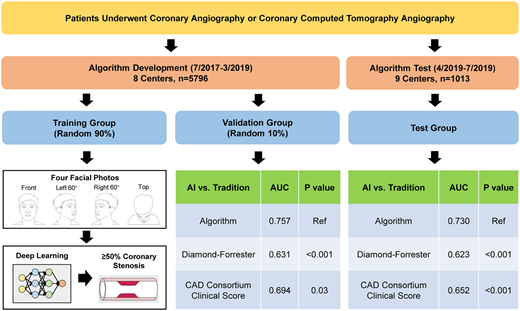
Trained research nurses took four facial photos with digital cameras: one frontal, two profiles and one view of the top of the head. They also interviewed the patients to collect data on socioeconomic status, lifestyle and medical history. Radiologists reviewed the patients’ angiograms and assessed the degree of heart disease depending on how many blood vessels were narrowed by 50% or more (≥ 50% stenosis), and their location. This information was used to create, train and validate the deep learning algorithm.
Results of the Study
The algorithm out-performed the diagnosis by correctly predicting the chances of:
Presence of Heart Disease (Sensitivity) : 80% in both validation and test groups.
Absence of Heart Disease (Specificity) : 61% in validation group & 54% in test group.
The study revealed moderate performance and demands further scrutinizing to pacify the anxiety and inconvenience to patients in the remaining 46% of specificity of training group. It could also potentially payload the patients to pursue further check-ups for those 46%, an unnecessary load that needs to be resolved.
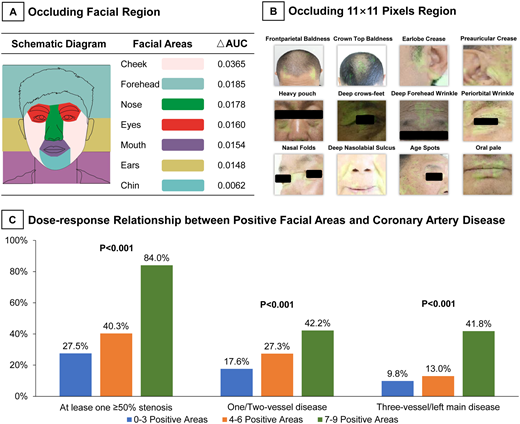
Future of Diagnosis & Threat
Using selfies as a screening method can enable a simple yet efficient way to filter the general population towards more comprehensive clinical evaluation. Such an approach can also be highly relevant to regions of the globe that are underfunded and have weak screening programmes for cardiovascular disease.
Selfies could also be a Perfect tool for identifying Narcissists: An another research reveals
(Narcissistic personality disorder — is a mental condition in which people have an inflated sense of their own importance, a deep need for excessive attention and admiration, troubled relationships, and a lack of empathy for others.)
Prof Zhe Zheng highlights the threats of this study in his paper, mainly attributing to the low specificity of the algorithm. This could act as a bluff, misusing the information for discriminatory purposes. Fortuity of acknowledging a person’s personal health data just by capturing the faces pose as a potential threat to personal data protection and those related to insurance options.
The AI tool needs a deep-down groundwork to maximize its efficiency, which is not tightly knotted, at this technological era.
Reference:



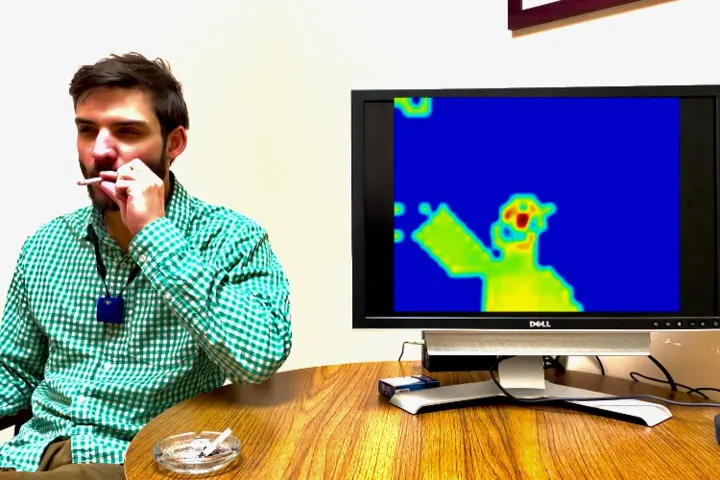
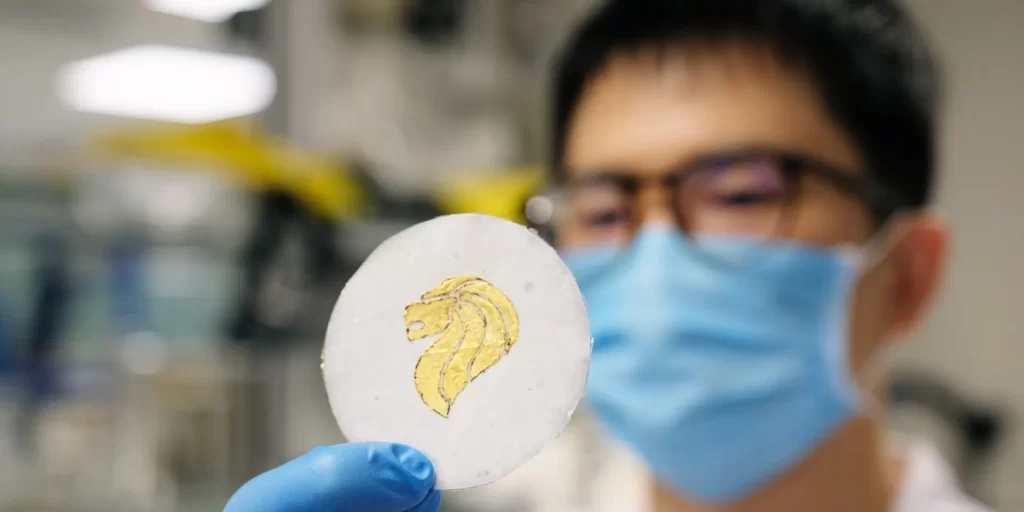

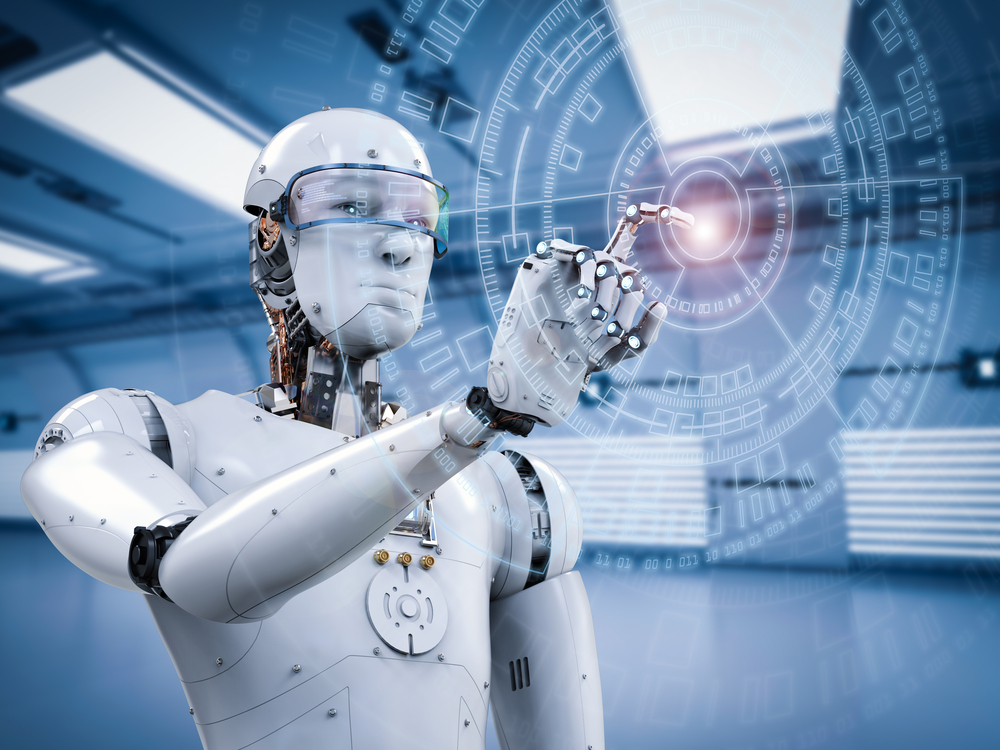
Pingback: Exploring AI: What AI have done so far to this World? – The Inner Detail